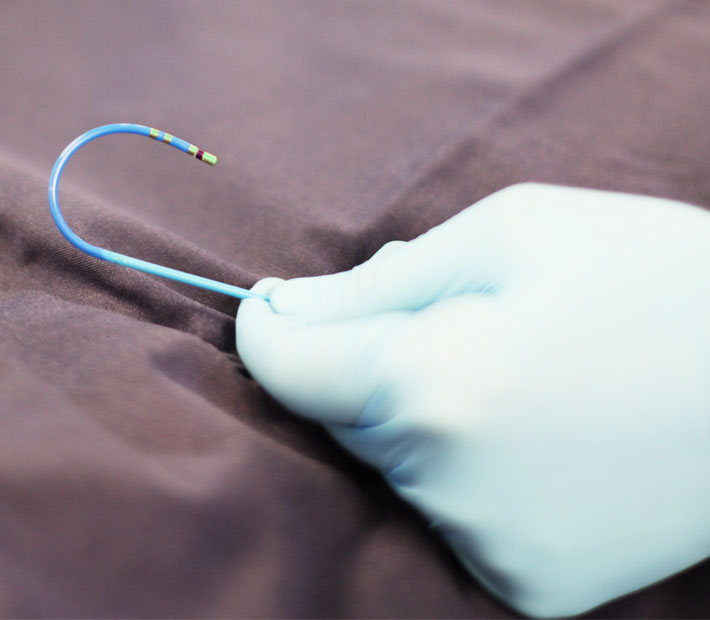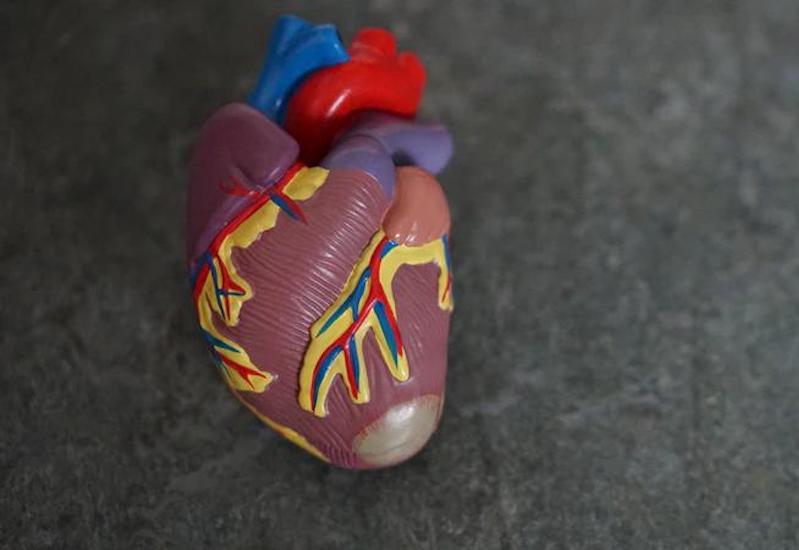IMPLANTABLE LOOP RECORDER (ILR) INSERTION

This is a small electronic device, about the size of a USB memory stick, which is implanted just below the skin of the chest to record the heart rhythm continuously. The implantable loop recorder (ILR) is a diagnostic tool that is inserted in patients who have episodes of black-outs, seizures or recurrent palpitations which are not frequent enough to be detected with a 24-hour Holter monitor or 30-day cardiac event recorder. The device is implanted by the cardiac electrophysiologist using local anaesthesia through a small 3-4cm incision in the chest wall. Because of the ILR’s long battery life of 2-3 years, the heart can be monitored for an extended period of time allowing a diagnosis to be made when symptoms occur.



